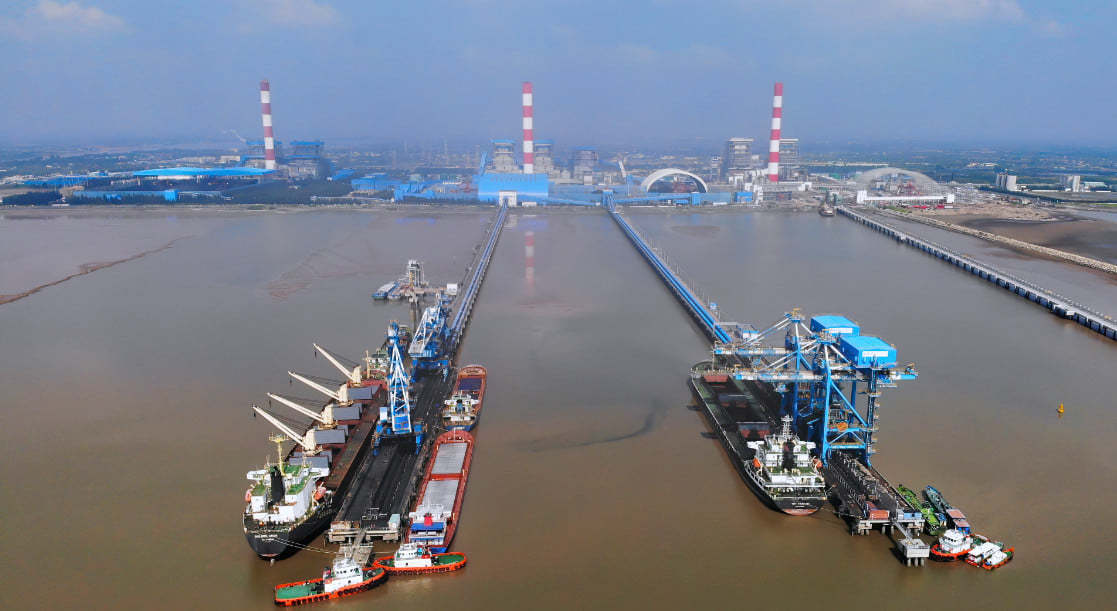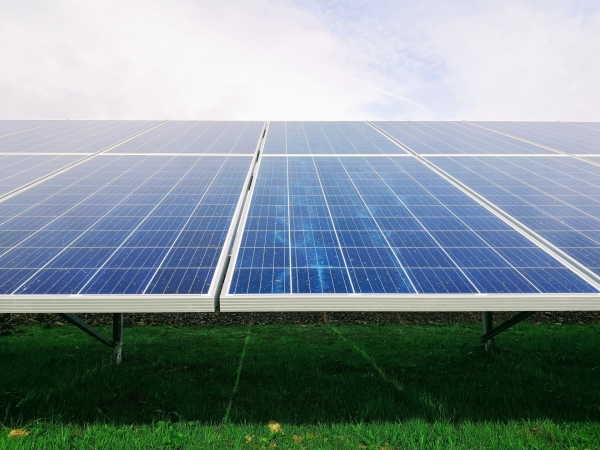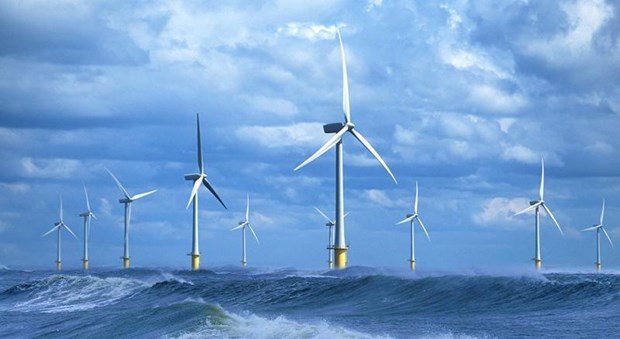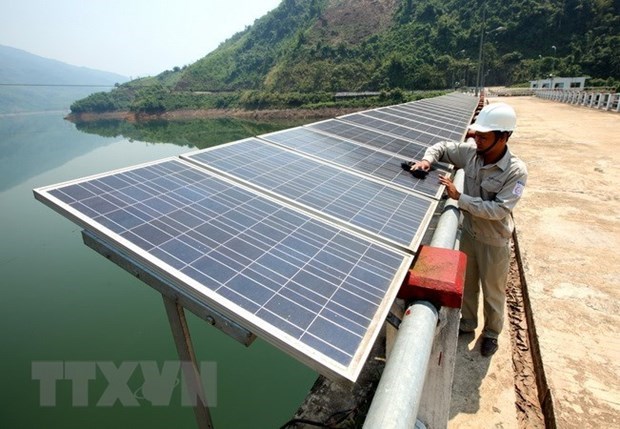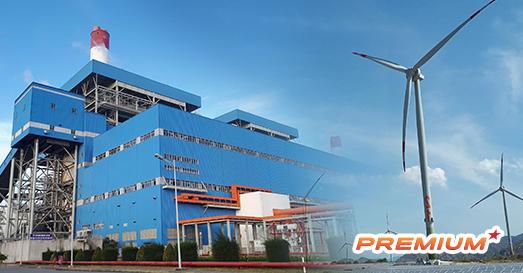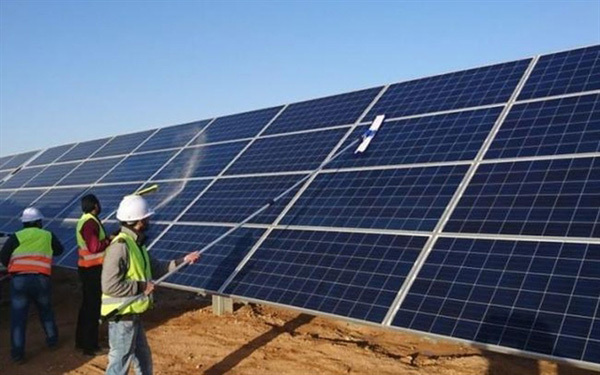- © Copyright of Vietnamnet Global.
- Tel: 024 3772 7988 Fax: (024) 37722734
- Email: [email protected]
renewable energy
Update news renewable energy
Energy development – strategic task towards industrialisation
Developing energy is a strategic task to realise the goal of industrialisation and modernisation.
Renewable energy industry fails to meet increasing demand for staff
Vietnam’s commitment to increasing its energy capacity using renewable sources will lead to increasing recruitment demand, especially in the next few years, but its human resources are not sufficient.
Vietnam promotes green energy, makes global commitments
After the 2021 United Nations Climate Change Conference, commonly referred to as COP26, the Ministry of Industry and Trade (MoIT) was asked to review the Draft Power Development Planning 8.
Smart grid – key to optimize renewable energy grid
The country’s road map aims to improve the quality and reliability of the national power supply and the efficient use of electricity.
Expect higher electricity prices with ‘clean power’: experts
“The higher the proportion of renewable energy, the higher the electricity price,” said Chair of the Binh Thuan Wind and Solar Power Association Bui Van Thinh.
Japanese investors venturing into Vietnam's renewable energy market
More Japanese investors are actively entering Vietnam's renewable energy market to satisfy increasing energy demand.
Norway to partner with Vietnam to "awaken" offshore wind power potential
Norwegian Ambassador to Vietnam Grete Løchen and Commercial Counsellor Arne-Kjetil Lian recently have handed over the 'Vietnam Supply Chain Study Report' to Vietnamese Minister of Industry and Trade Nguyen Hong Dien.
Vietnam to unlock mechanisms to attract private power investors
The Government of Vietnam is building open mechanisms to mobilise private investment in power projects, especially in renewable energy (RE).
Green hydrogen in the roadmap of energy transition in Vietnam
Vietnam is well aware of the importance of changing the structure of energy sources in the direction of increasing the proportion of renewable energy associated with economical, efficient and sustainable use of energy.
Clean or cheap: seeking safe energy options for Vietnam
“The international pressure to reduce coal-fired thermal power is huge,” said an expert involved in the compilation of the draft of national power development plan 8.
Money flows to wind power projects but coal-fired power lacks capital
Coal-fired power developers find it increasingly difficult to find capital amid the growing support of renewable energy globally.
Millions of US dollars poured into green growth projects
Capital flows into green growth projects have still seen positive signals despite adverse impacts from the COVID-19 pandemic on foreign direct investment (FDI) in Vietnam.
Vietnam sees fastest rise in solar, wind power rate in national electricity structure in 2020: Research
According to the research, Vietnam's solar and wind electricity generation rose from 4.7 TWh in 2019 to 9.5 TWh in 2020. This equaled a 1.98 percentage point increase in the share of total electricity generation.
Renewable energy companies thrive on rising demand
In the first half of 2021, renewable energy projects, especially solar power, brought great profits to investors, boosting the sector's stocks.
Wind power project developers want FIT extension
Since many wind power projects may not be put into commercial operation prior to October 31, the Prime Minister and Ministry of Investment and Trade have been asked to extend the feed in tariff (FIT) application.
Mekong Delta: attractive destination for renewable energy development
Taking advantage of its natural conditions and investment attraction policies, the Cuu Long (Mekong) Delta has become a destination for investors in renewable energy projects.
Bac Lieu prioritises renewable energy
The Mekong Delta province of Bac Lieu has chosen renewable energy as one of its top priorities, aiming to restructure the economy towards green growth and sustainable development.
Offshore wind likely contribute 12% to Vietnam’s power by 2035: World Bank
Vietnam has a globally relevant offshore wind resource, enabling it to generate 30% of total national electricity by 2050.
Record hot weather in North, power shortages could occur
In the most recent heat wave in northern Vietnam, electricity consumption has set "historic peaks".
VN may have to reduce renewable power in the next five years: energy institute
It is likely that Vietnam will have to reduce renewable energy sources in the next five years, as booming development in recent years was weighing on the power system, according to a recent report by the Institute of Energy.




